History of Research & Background
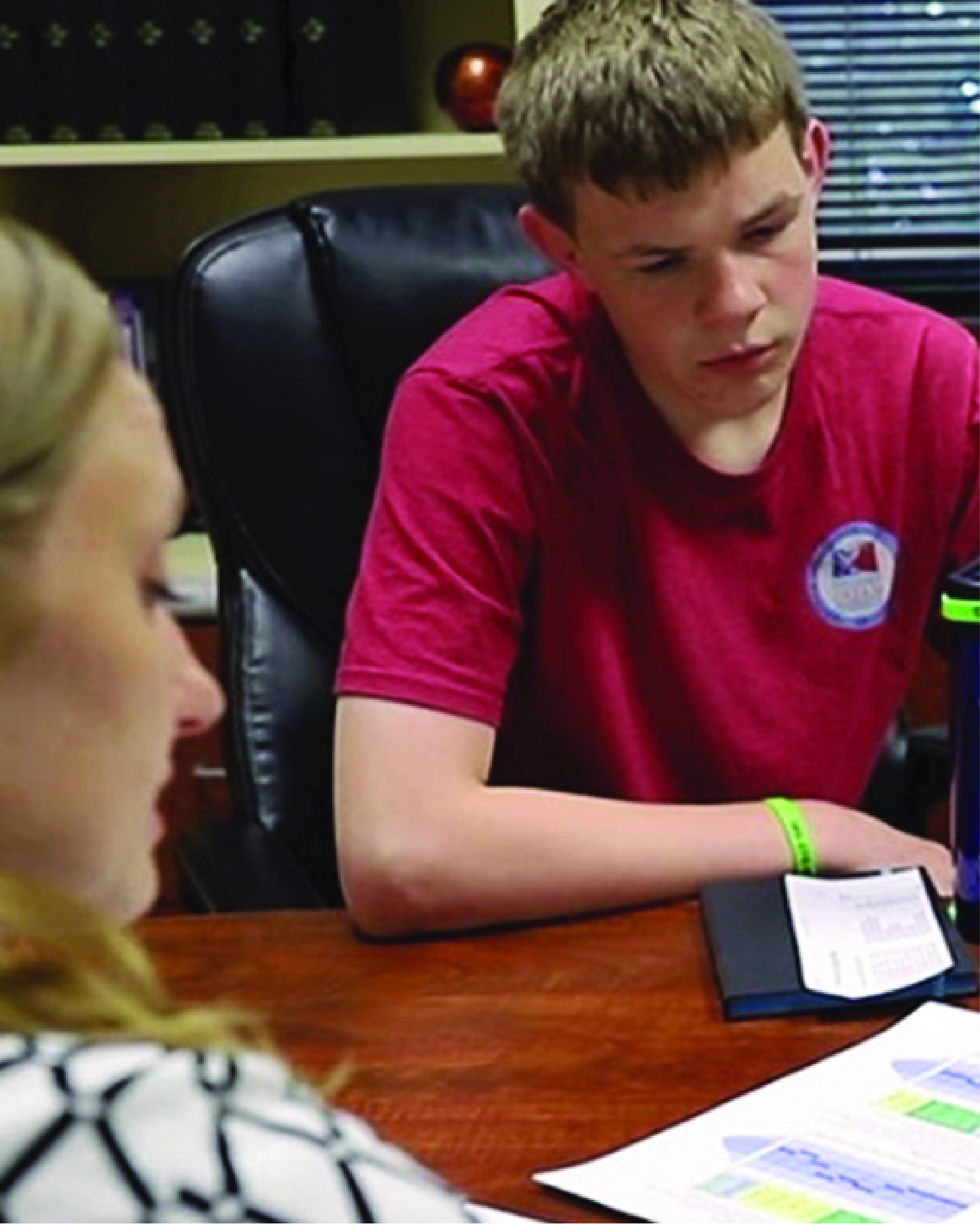
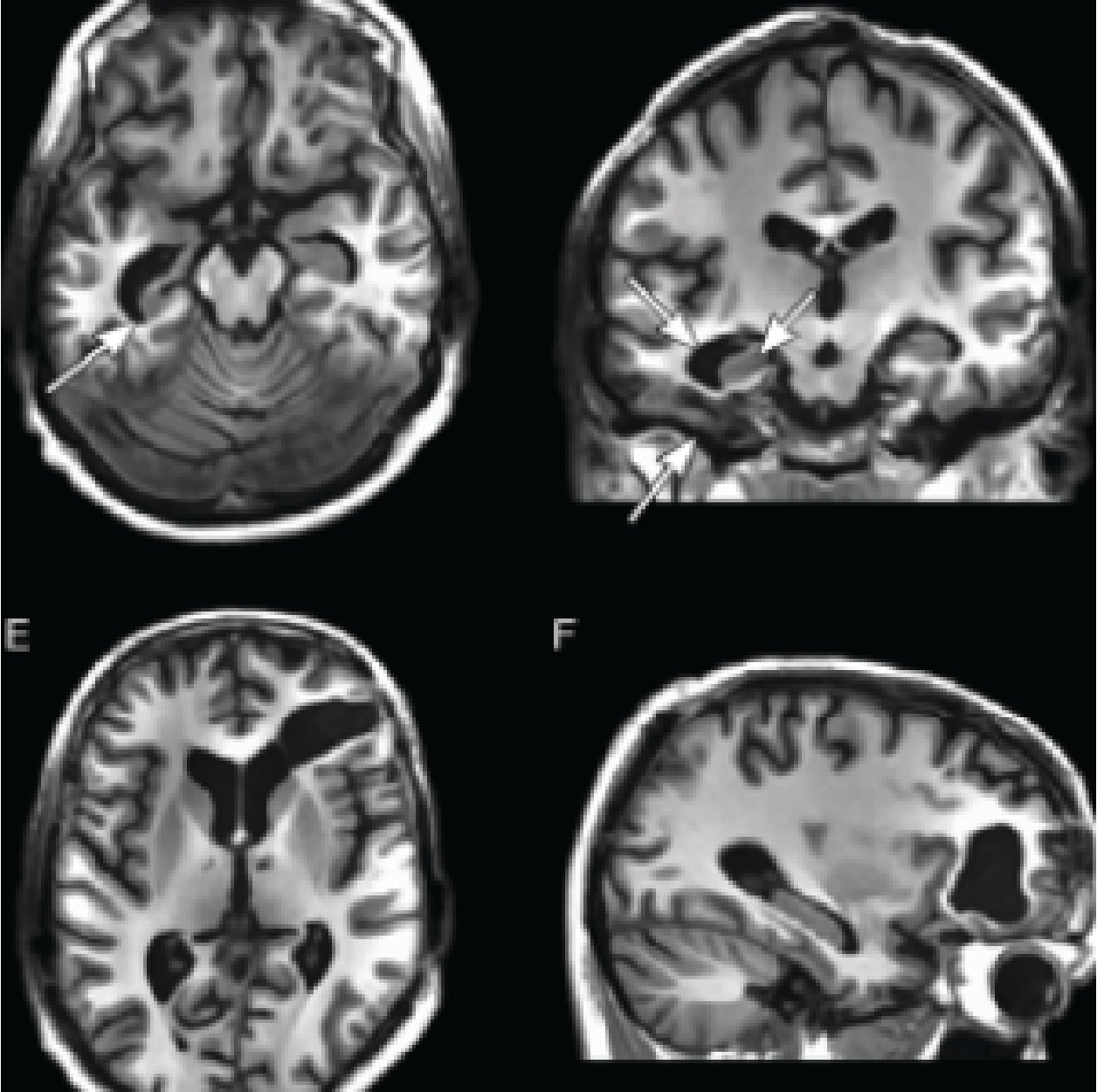
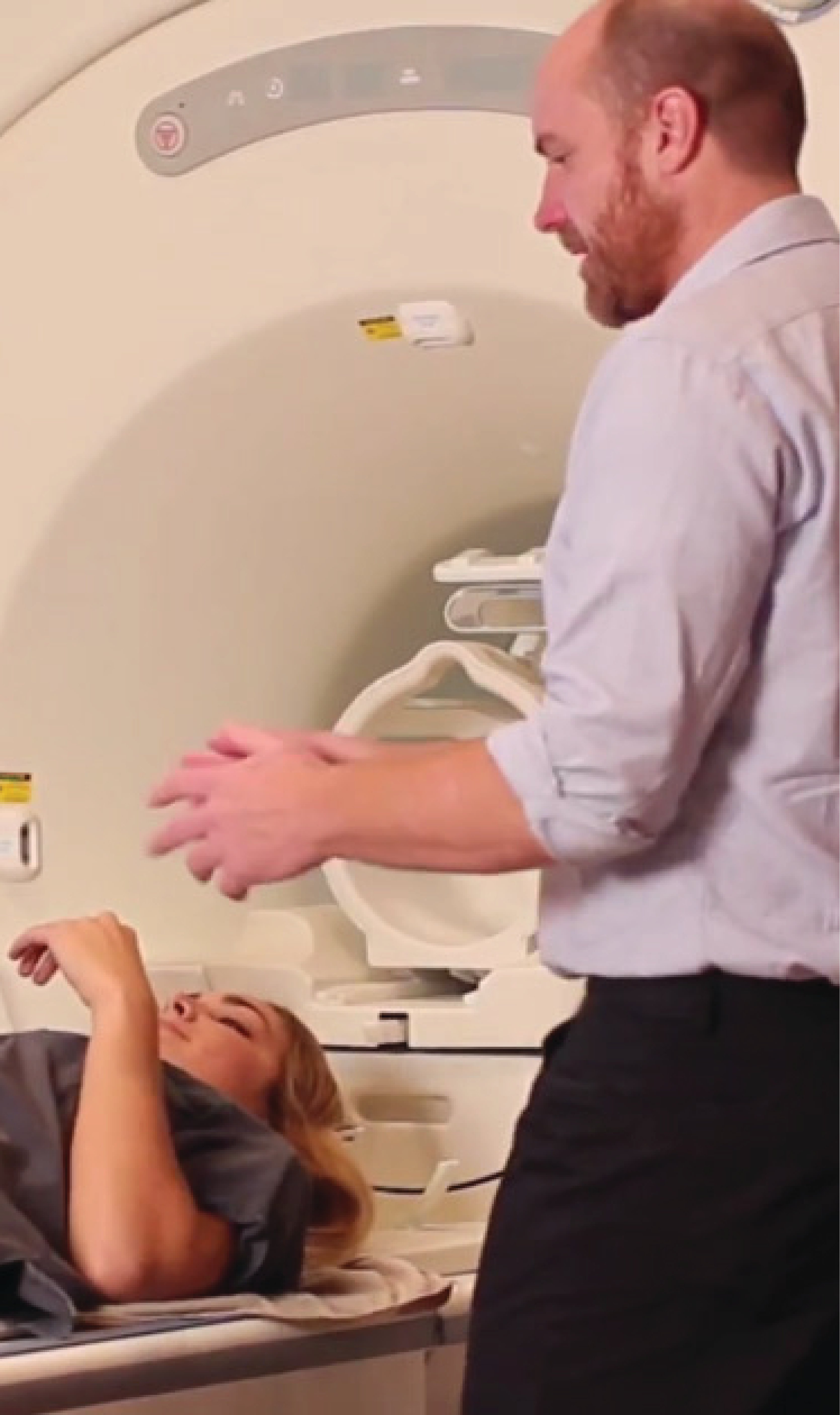
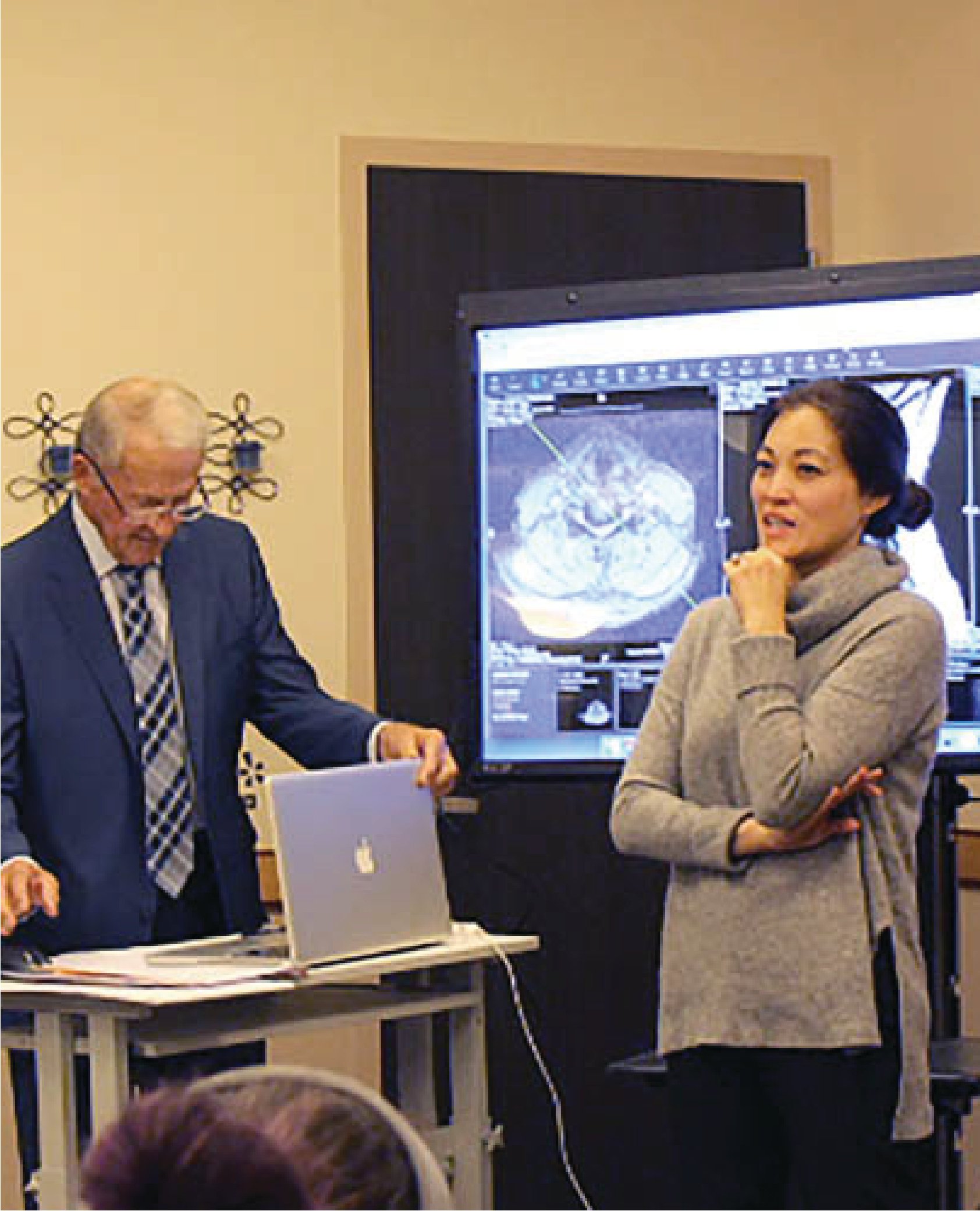
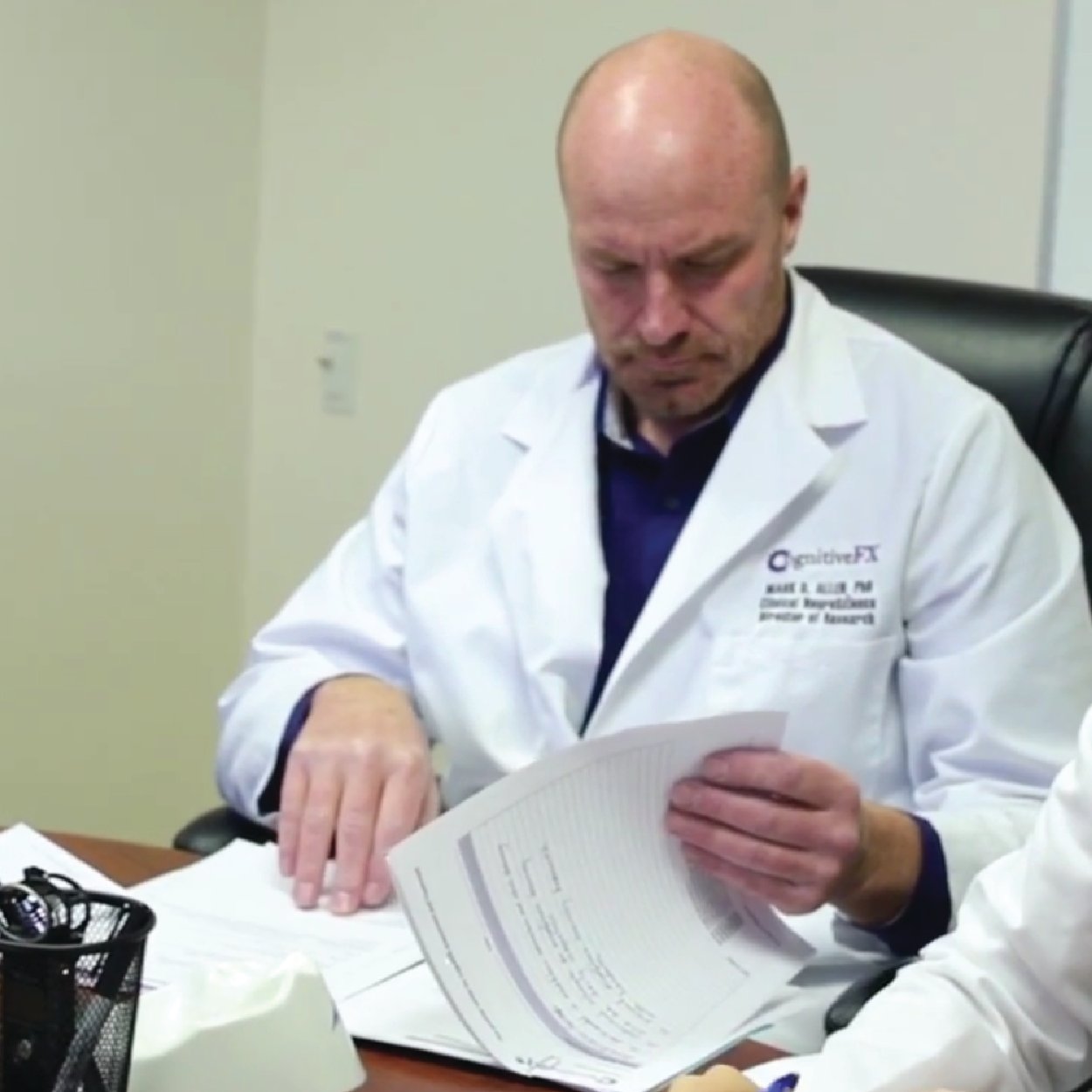
Learn more about the development of Cognitive FX and its strong history of research and innovation.





History of Research & Background
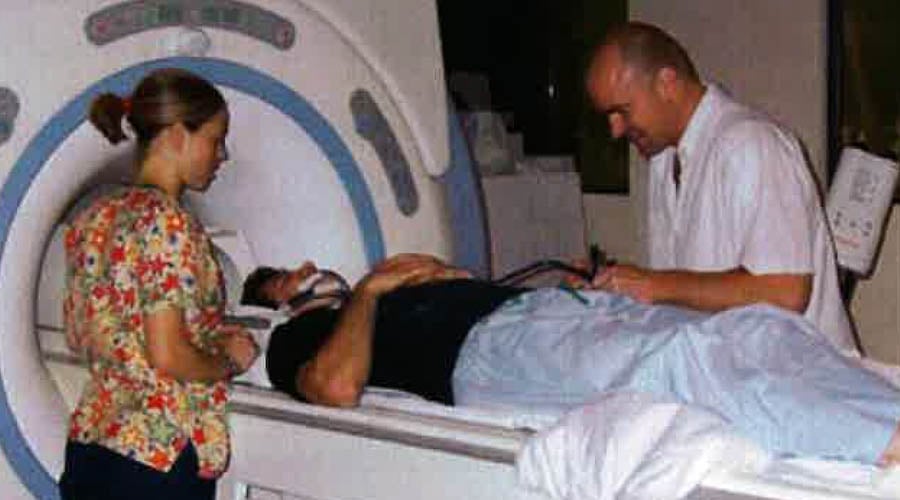
2005-2007
Dr. Allen set out to standardize fMRI for clinical application because he saw the vast potential it might hold for a clinical setting. He and Dr. Fong spent the next few years adapting common neuropsychological tests to be used inside of the MRI machine for routine fMRI testing.
They began collecting data on healthy brains to help them better understand how the brain functions normally. Over time, they established a strong foundation of how a normal brain should function, establishing a normative database of healthy individuals.

2008-2010
In 2008, they published a variety of articles showing the potential of using fMRI for standardized testing in clinical settings. Although these earliest publications recognized the potential for fMRI to identify the underlying sources of post-concussion symptoms in the brain, more work would be needed to bring the technology to the point where it could be depended on in the actual treatment of PCS.
During this time, they combined six of the standardized tests they had performed research on and developed what we now know as Notus Functional NeuroCognitive Imaging (fNCI) Drs. Allen and Fong took the fNCI and other scientific ideas to the real world of medicine and health care. They began applying the technology in clinical settings as interest grew in the community. This imaging was also used in military hospitals, clinics, private hospitals, urgent care facilities and more
2011-2013
Over time, they used the fNCI on many individuals suffering from concussions. They found that by looking at the different regions of the brain with the fNCI, it consistently and reliably showed differences in a concussed brain compared to healthy brains. Since standard scans are of limited use in most concussions, the fNCI represented a great leap forward.
With knowledge came responsibility, and Dr. Allen, and Dr. Fong, felt that they needed to use the information they gathered with the fNCI to help those who were suffering from lasting concussion symptoms. They began to explore treatment options with a group of multidisciplinary therapists and doctors. Initially, they were hoping they could find a treatment protocol that would be effective within 3-6 months, and perhaps resolve persistent issues that have previously been known to never resolve. However, after many trial patients, they realized they could change the function of the brain in concussion in just a few weeks.
At first, they didn’t believe that they could see real improvement in a week. However, through more testing and research, they saw that the results of their week-long treatment, called EPIC Treatment, were extremely effective.
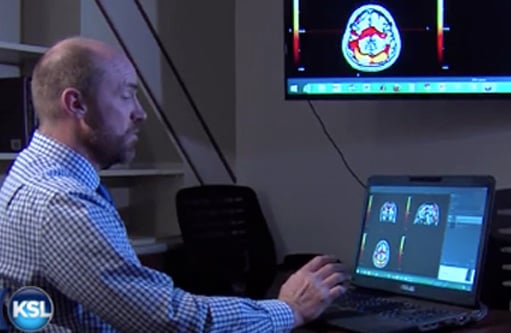

2014-2017
Dr. Allen, Dr. Fong, combined with Dr. Lynn Gaufin, founded Cognitive FX (CFX), a treatment facility for post-concussion symptoms (PCS). We began treating the first patients in a week-long program called EPIC Treatment in Provo, UT, in September of 2014.
Cognitive FX began by treating 2-3 patients a week shortly after opening and increased to treating 8 patients a week by 2017. We published a variety of articles sharing our longitudinal studies showing the results of EPIC Treatment after one week, and that the results are lasting and impactful for individuals long-term. We also published research sharing information on how we identified biomarkers for concussion using the fNCI.
During this time, we began presenting and speaking about our research around the world with a variety of organizations including AMSSM, INS, ASFNR, and Pink Concussion.
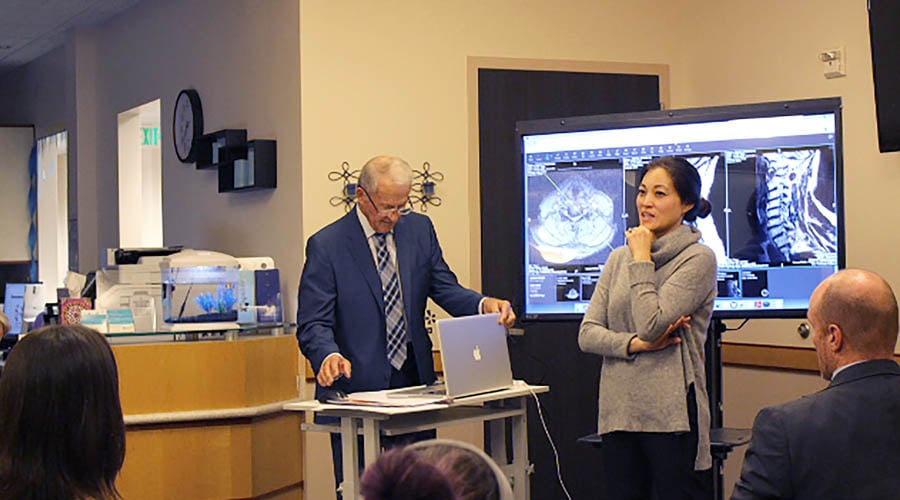
2018-2019
Over these 3 years we published four peer-reviewed articles. One breakthrough was Dr. Allen’s discovery and development of neurovascular coupling as the basis for treatment in post-concussion symptoms. Our dedication to scientific findings has led us to a new and effective approach to treat post-concussion symptoms, a diagnosis that was previously believed to be nearly impossible to treat.
We moved to treating 10 patients a week, with the goal always being to help as many people as possible who are suffering from these debilitating symptoms.
We also continued presenting at a variety of conferences including the Pediatric Acquired Brain Injury, Federal Interagency Conference on Brain Injury, NABIS, and more.

2020 - 2021
With the worldwide pandemic came many changes for the world and for Cognitive FX. Though our ability to receive international patients slowed due to travel restrictions, we were still able to grow to see 15 patients a week and created online therapy options to help those who might not be able to come to Cognitive FX during this time.
Along with the pandemic came more research, presentation, and treatments on the effects of COVID-19 can have on the brain over long periods of time.
We continued to improve the treatment we provide at Cognitive FX, increase the knowledge we have about Post-Concussion Symptoms, Post- COVID -19 Symptoms and other Brain Injuries, and raise awareness for the effects of brain injury.